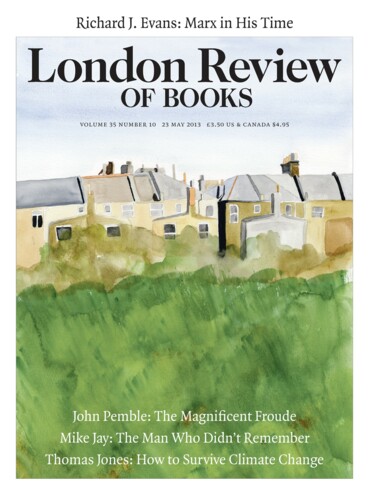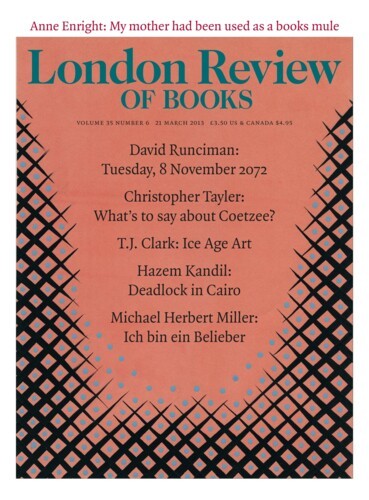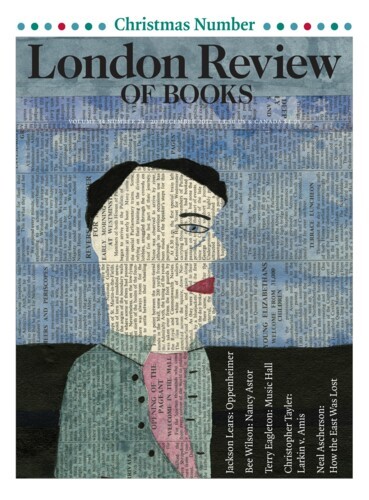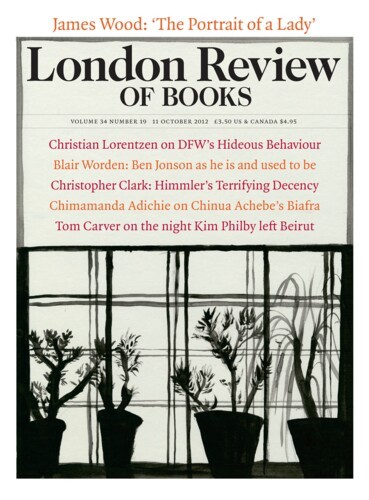Wobblibility: Aleksandar Hemon
Christopher Tayler, 23 May 2013
‘My story is boring,’ the narrator says in Aleksandar Hemon’s story ‘The Conductor’, in Love and Obstacles (2009): ‘I was not in Sarajevo when the war began; I felt helplessness and guilt as I watched the destruction of my hometown on TV; I lived in America.’ He means it’s boring in comparison with the character he’s discussing, a Muslim...





